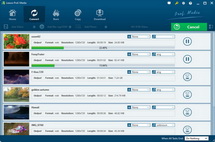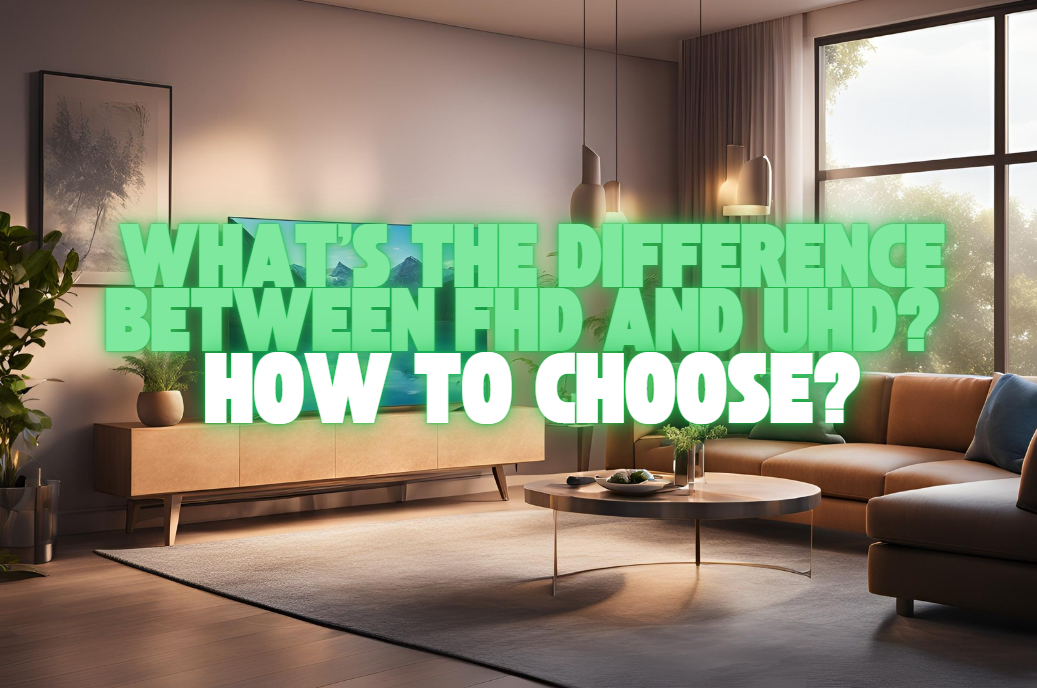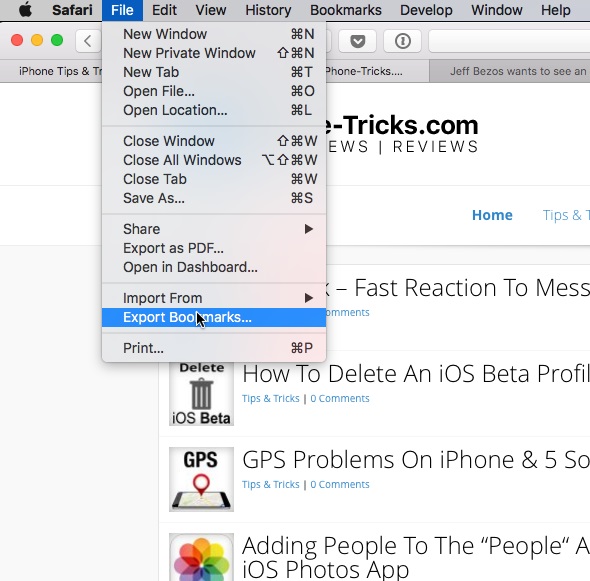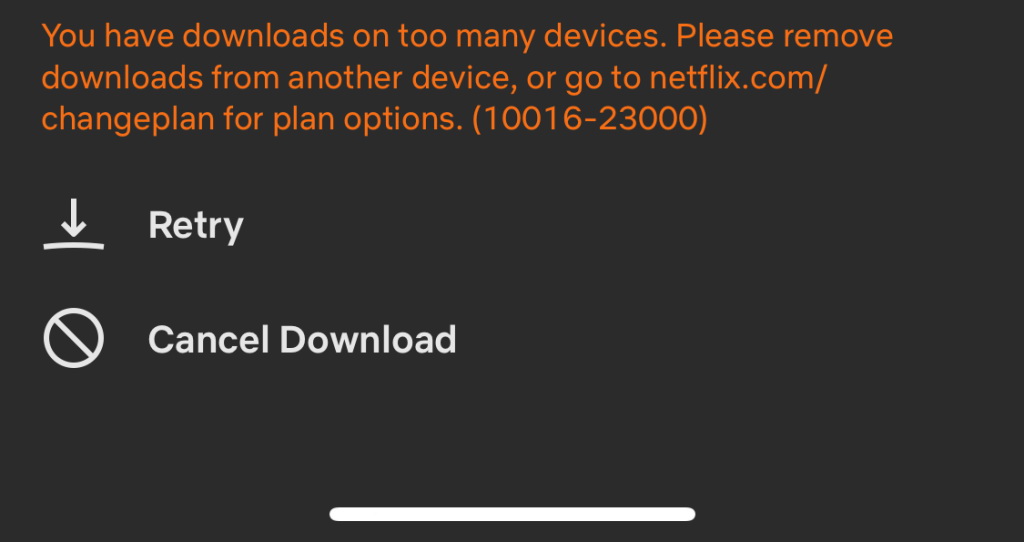There is often hardware/software restriction when playing various multimedia sources, so there are cases you need to carry out video and audio conversion on this account. For example, supposing that you have demand to play WMA on Apple iPod music player and fails, it is because of the format limitation in iPod. The iPod line can play several iTunes supported audio file formats including MP3, AAC/M4A, Protected AAC, AIFF, WAV, Audible audiobook, and Apple Lossless. As a result, to convert WMA to iTunes formats you are able to play WMA on iPod. On the heels of the explanation is to use a program to convert WMA to MP3 iTunes file format (for MP3 is widely supported by Apple products).
The WMA to MP3 Converter we are using to tackle with WMA audio format: Leawo Video Converter. With powerful format conversion ability, it is capable of converting WMA to MP3 within simple steps. It also can convert audio files including WMA, OGG, FLAC, MP2, AC3, RA, M4B, AAC, CAF and more to iTunes supported MP3, AIFF, WAV or M4A audio format. By the way, you can use null to convert WMA to MP3 on Mac operating system.
Download WMA to MP3 Converter below and in the following guide I’d like to show the way on converting WMA to MP3 iTunes file format.
Full Guide

Add WMA files to program
Click on the Add button to browse WMA files on your PC and pick up those you need to import to the program. Directly drag WMA audio files to program is allowable as well. Double click on the audio file, you can pre-listen the file.

Choose MP3 audio format
Open "Profile" panel, and scroll up and down to pick up MP3 as output file format. The file search function lets you use keywords to look for output format quickly.

Convert WMA to MP3
Click on the big Convert button to start WMA to MP3 conversion. Then you are able to freely play WMA on iPod and other Apple products.
Video GuideSoftware

Convert videos to various formats for more convenient enjoyment.
$29.95
Platfrom: Windows 7/Vista/XP
Windows 7/Vista/XP
 null
null
Extended Knowledge

MP3 is an audio-specific format that was designed by the Moving Picture Experts Group (MPEG) as part of its MPEG-1 standard and later extended in MPEG-2 standard. It is a common audio format for consumer audio storage, as well as a de facto standard of digital audio compression for the transfer and playback of music on digital audio players.


























